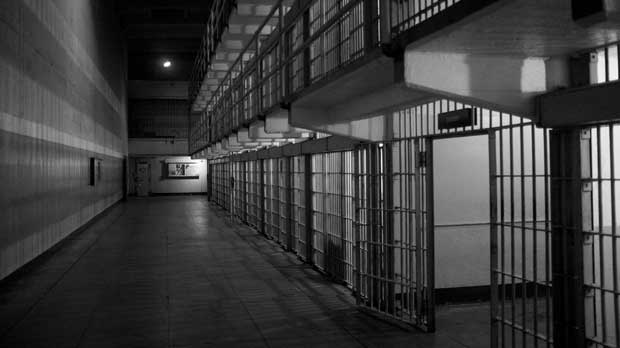
Source: NPR
A law that is supposedly intended to help reduce recidivism rates and help prisoners with life after incarceration could be underlined with biases that will work against traditionally marginalized groups.
The First Step Act, as introduced by the Trump administration, has “reduced sentences for some federal drug offenses and provided incentives for prisoners to participate in training programs,” NPR reports, but at the same time has raised concerns because of an assessment tool that was created to evaluate inmates and how they could be helped.
Some prison advocates say the analysis could be “too focused on factors that prisoners cannot change — like their arrest record — versus behaviors that could show they are trying to take a new direction in life.”
Certain elements that would be looked at negatively, such as having a lower education or being arrested for more crimes, are tied to race and the inequality that blacks and Latinos have faced for generations. The program would therefore end up leaving out those who really need the help.
Read Full Story: NPR
